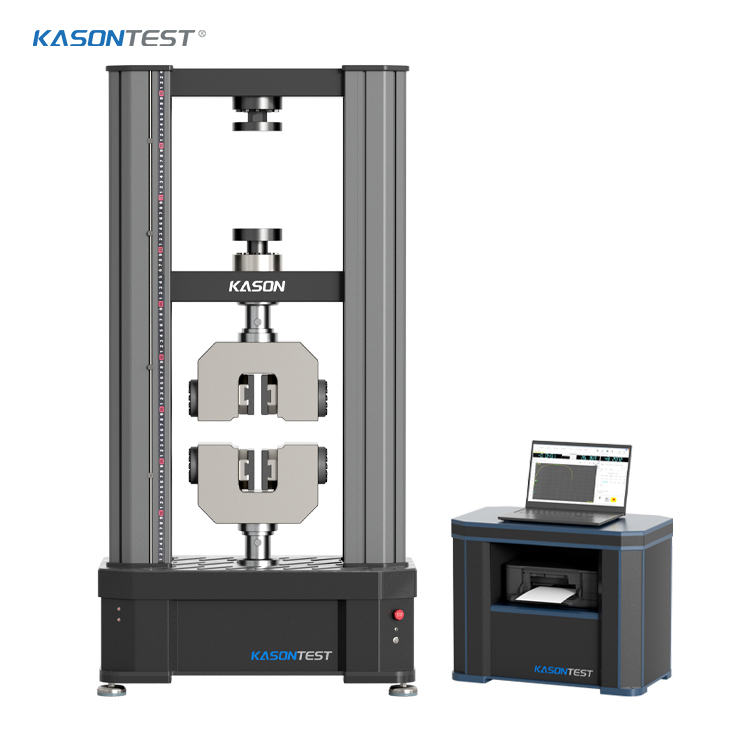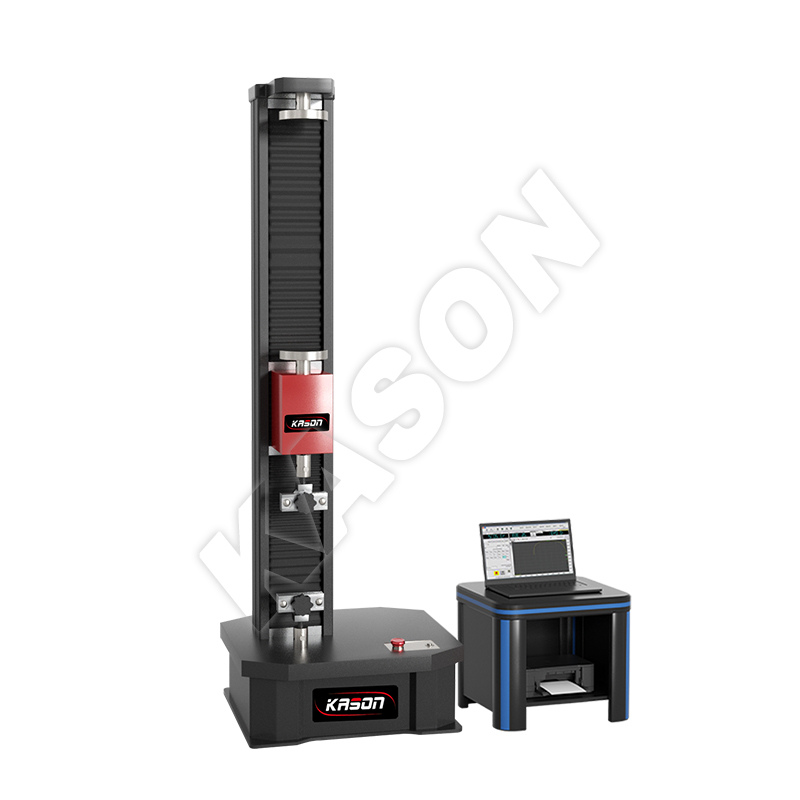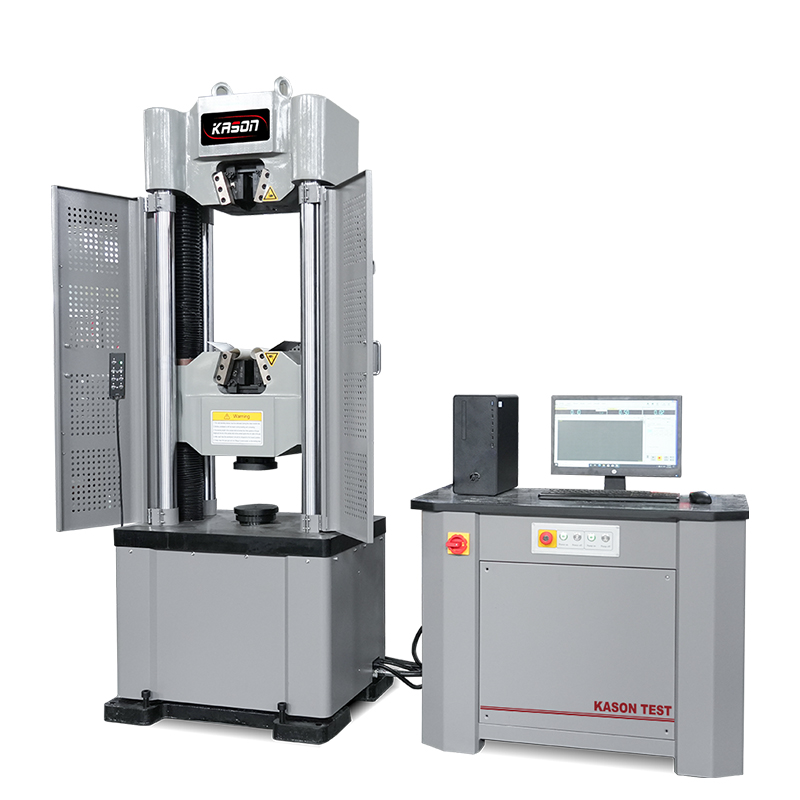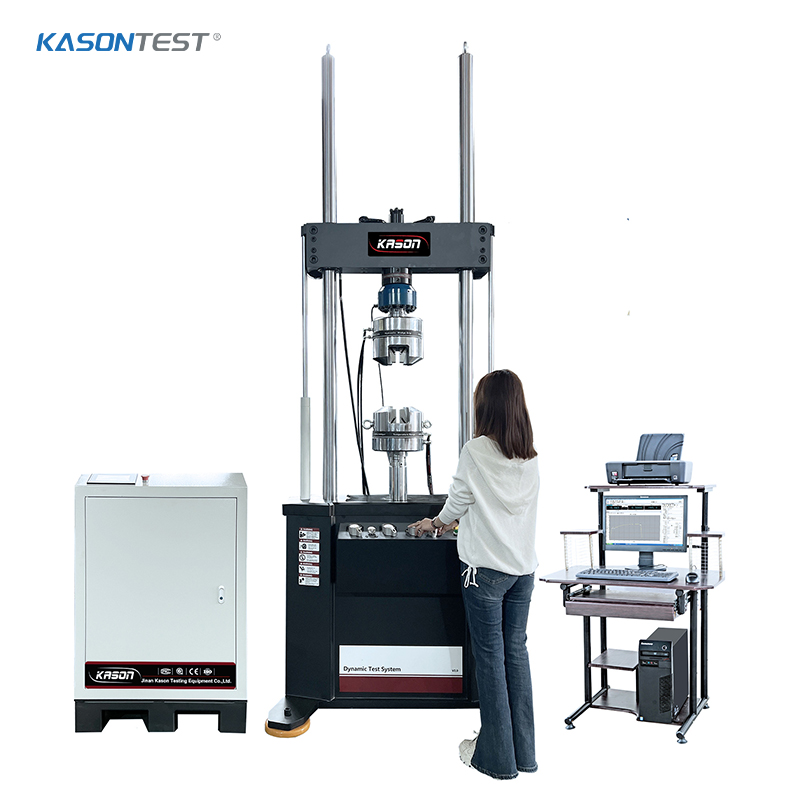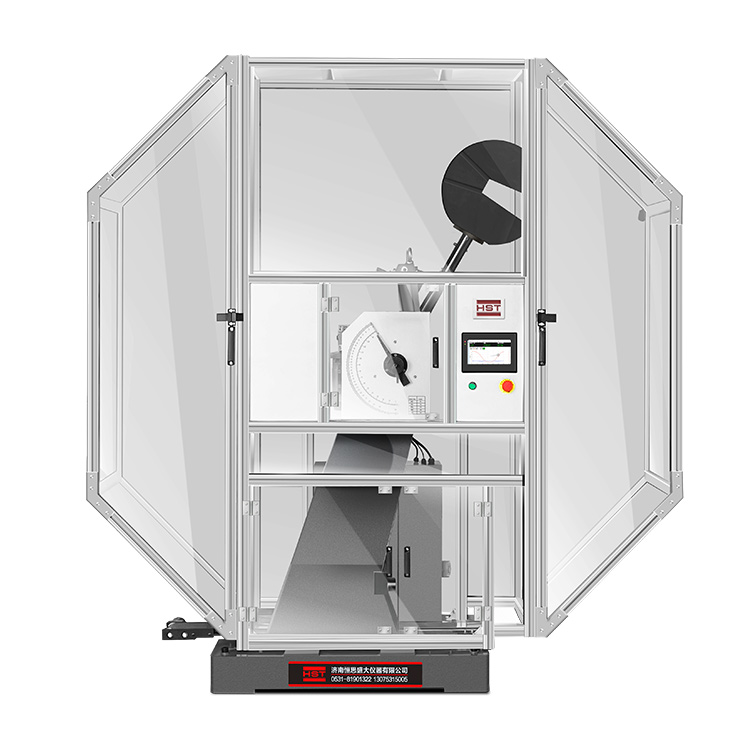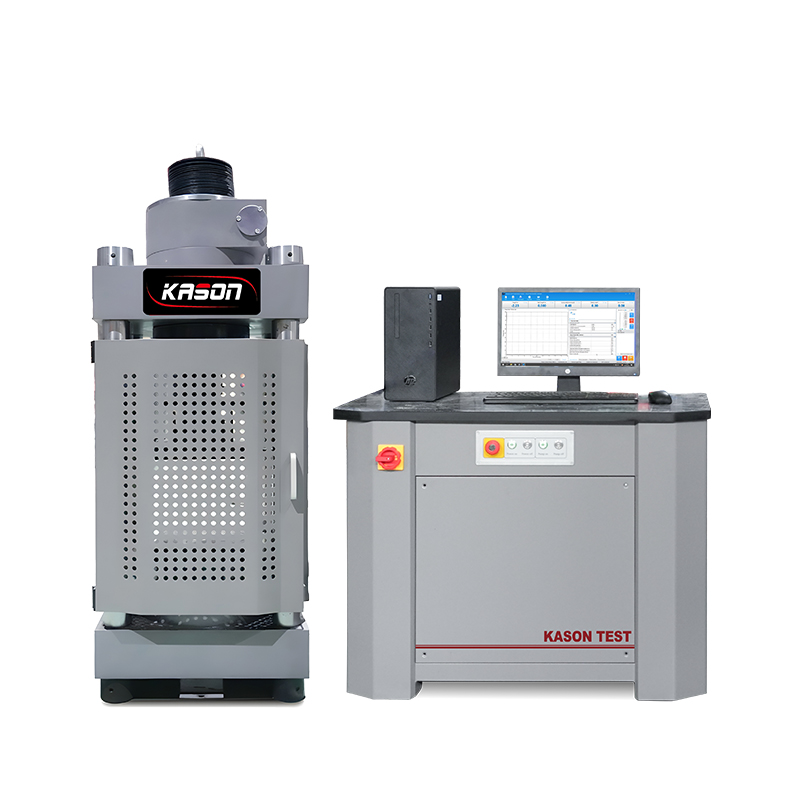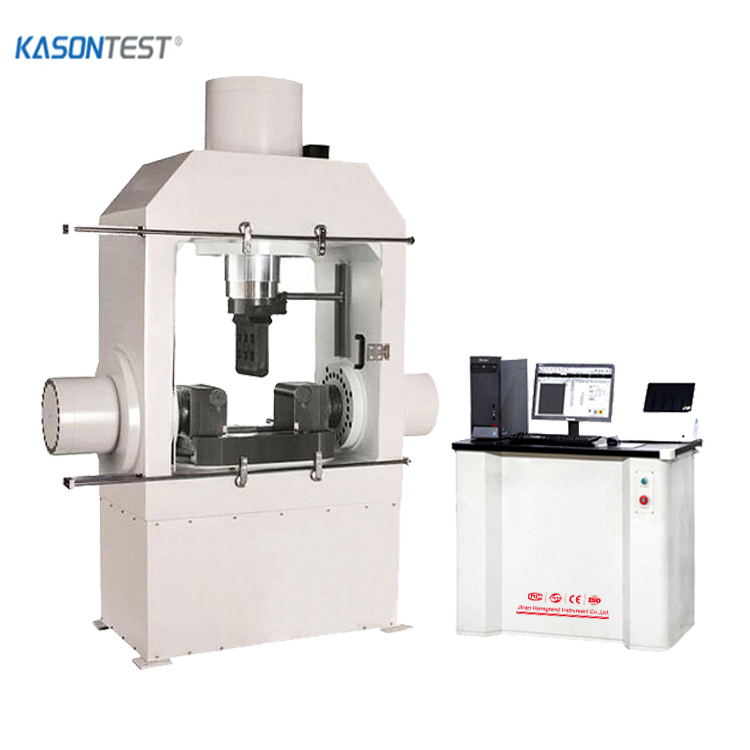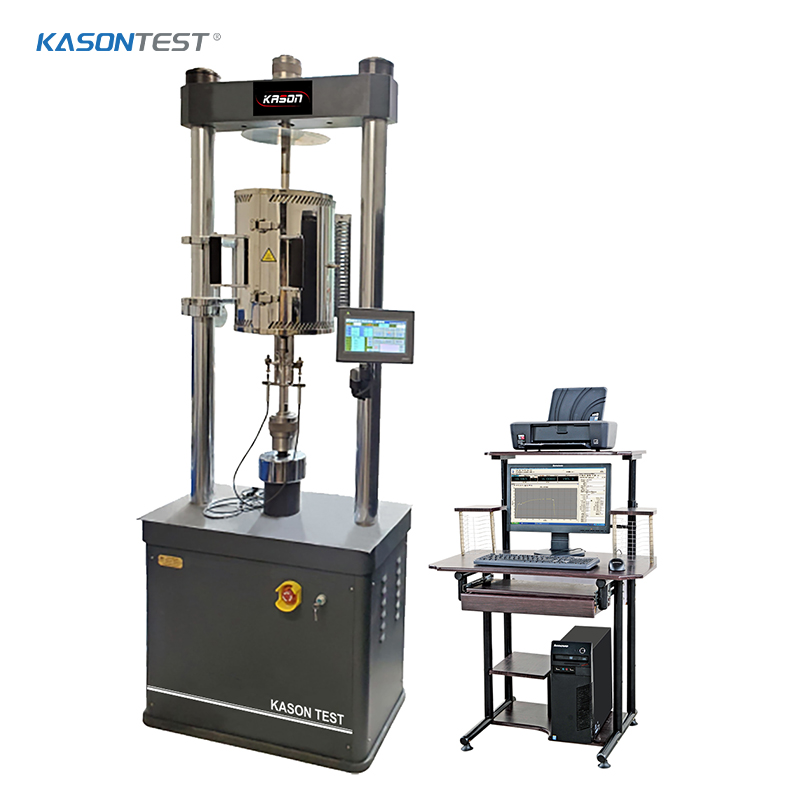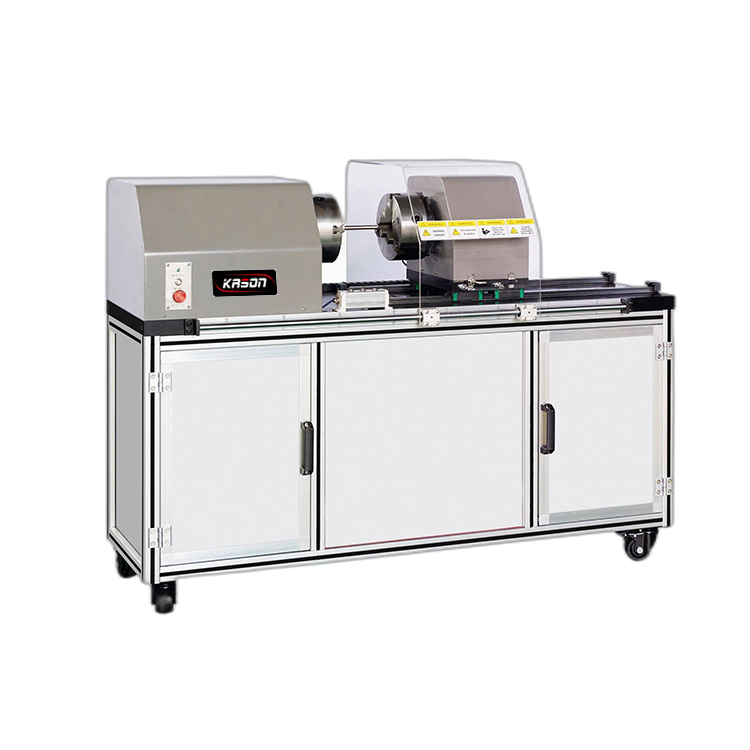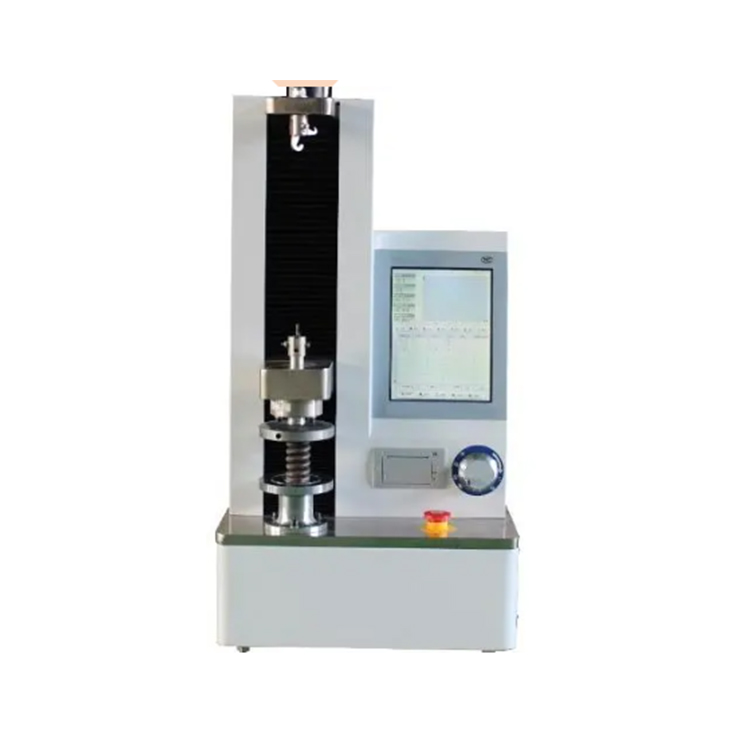A Guide to Cyclic Fatigue Testing of Tibial Tray Components in accordance with ASTM F1800 and ISO 14879
A summary of the common parameters in the standards
Fatigue fracture of knee tibial trays has been one of the most commonly reported failure mechanisms of Total Knee Replacements (TKR). It is caused by loss of underlying bone support resulting from biological reactions, such as wear-induced osteolysis. Under these conditions, the tibial tray becomes mechanically unstable, and cyclic loading imparted by normal walking causes fatigue cracks, ultimately leading to catastrophic failure.
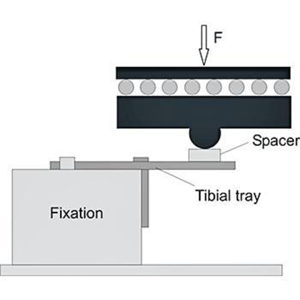
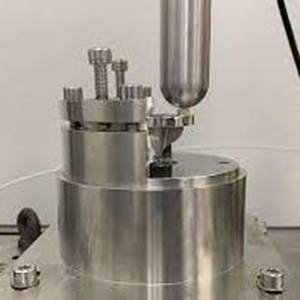
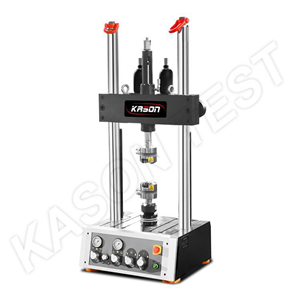
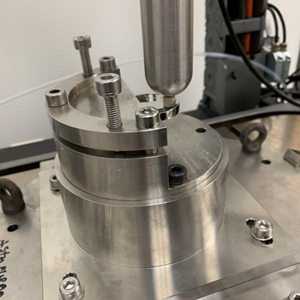
The ISO 14879-1 standard 'Determination of Endurance Properties of Knee Tibial Trays' and ASTM F1800 ‘Standard Practice for Cyclic Fatigue Testing of Metal Tibial Tray Components of Total Knee Joint Replacements’ both provide a common set of test parameters for determining and validating the fatigue properties of different tibial tray designs.KASON-EP Series All-Electric Dynamic Test Instruments will assist designers, manufacturers and researchers through the product life-cycle process, from deriving fundamental material properties, such as resistance to fatigue crack propagation, to testing the entire tibial tray and beyond.
We recommend that you review ISO 14879-1 and ASTM F1800 to fully understand the full requirements.

